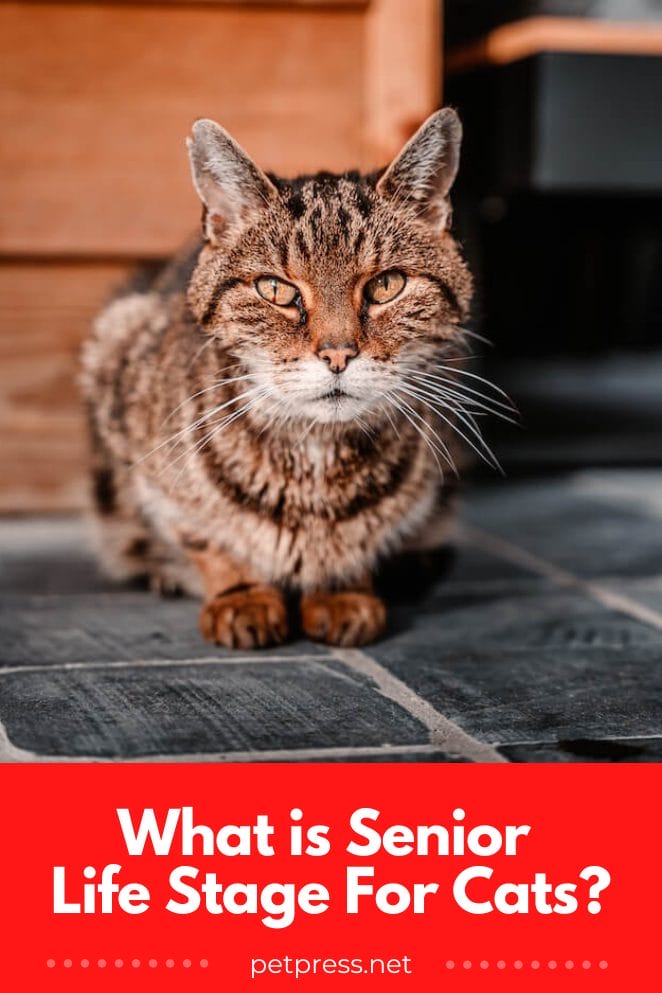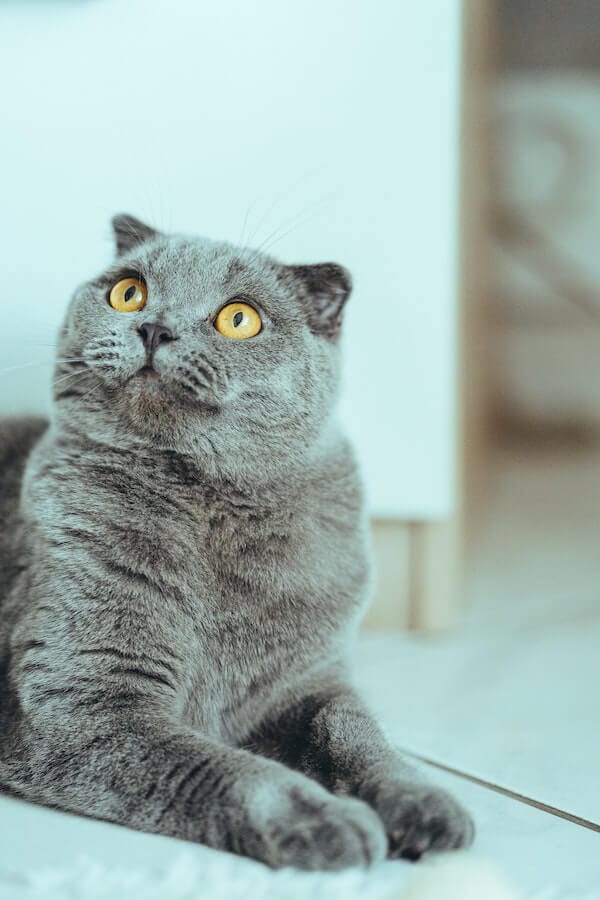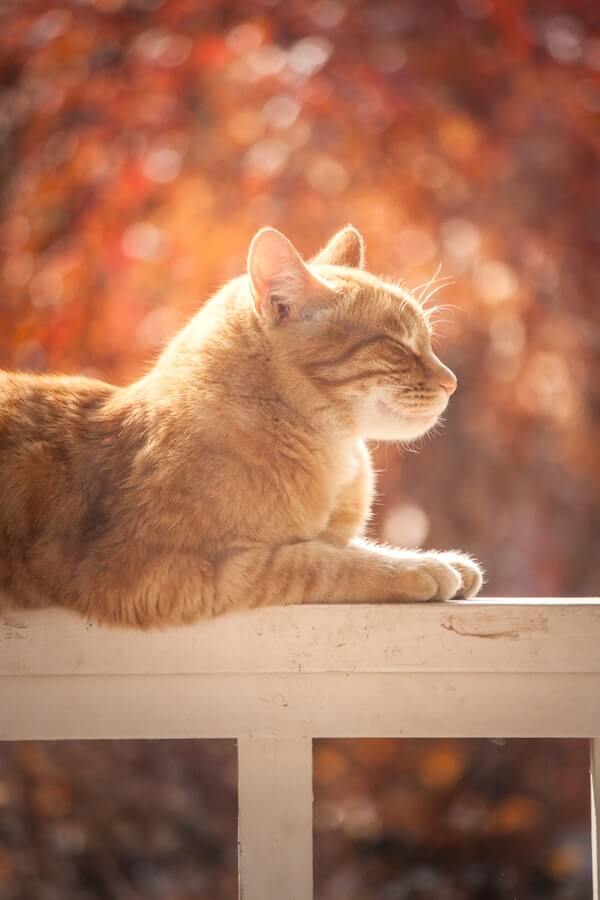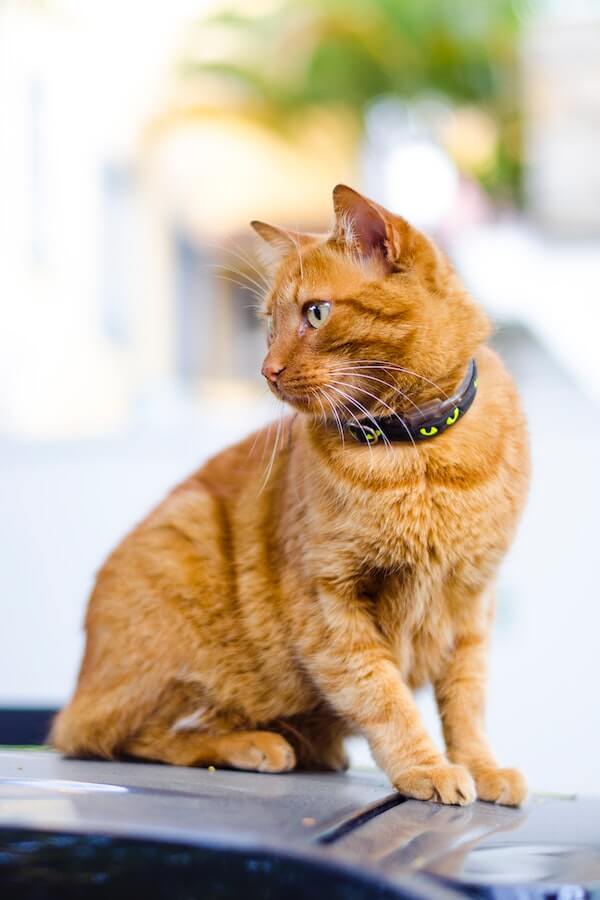
Cats – they’re mysterious creatures whose lives we often wonder about. How do cats age? What is the senior life stage for cats?
Well, just like humans, cats enter their golden years as they get older. Senior cats are typically considered to be around seven to ten years old, though this can vary depending on breed and lifestyle.
But don’t worry – with the right care and attention, your furry friend can still have a happy and healthy senior life! Read on for all you need to know about looking after an elder cat.
What is senior life stage for cats?
When it comes to cats, the phrase “senior life stage” may sound a bit strange. After all, how senior can cats get?
Well, cats actually do age and reach a point in their lives where they enter into a senior life stage. Generally speaking, cats become seniors at around 7-10 years of age.
The term “senior life stage” has been given to this period because an older cat’s lifestyle and behavior will start to change; they may sleep more often or appear less active than before.
Geriatric cats also tend to crave more affection and attention from their owners as compared to younger cats.
These changes are natural due to the aging process and should not be considered abnormal or worrying.
By understanding what is senior life stage for cats, you’ll be able to make sure your kitty is getting the care and attention it needs during its later years.

Key Things to Observe During Your Cat’s Senior Years
As cats age, their life stages become more complex. During this period of their lives, there are several key things that can be observed to ensure your cat is living a happy and comfortable life.
1. Changes in behavior or appetite:
Some cats may become less active and begin sleeping for longer periods throughout the day. They may also start yowling a lot.
Additionally, they may have decreased appetites or picky snack preferences.
It’s helpful to keep track of these changes in order to determine if there might be health problems that need further attention from a veterinarian.
2. Litterbox Habit Changes:
You might also observe changes in your cat’s litterbox habits.
Senior cats may become more prone to urinary tract infections due to the decrease in kidney function that comes with aging, so it’s important to keep an eye out for any sudden change in litterbox usage or accidents outside of the box.
3. Weight gain or loss:
Weight gain is often associated with age, but sudden drastic changes could be an indication of health issues that need further investigation.
Common Diseases Frequently Observed in Senior Cats
Although cats can live up to 20 years, they are considered senior cats when they enter the last third of their life span.
Commonly seen in cats over 10 years old, senior cats have different needs compared to younger cats due to age-related changes and diseases. Here we explore three common diseases frequently observed in senior cats:
1. Kidney Disease:
Progressive deterioration of the kidneys leads to abnormal levels of waste products in the blood which can manifest as loss of appetite, weight loss, lethargy and dehydration.
Kidney disease can be managed with medication and dietary therapy but unfortunately there is no cure for it.
2. Hyperthyroidism:
A condition caused by overactive thyroid glands. It is most frequently seen in cats above 8 years old and can lead to increased appetite, weight loss, restlessness and poor coat condition.
For mild cases of hyperthyroidism, medication can be used to manage the symptoms but for more severe cases, surgery or radioactive iodine therapy may be required.
3. Arthritis:
It is one of the most common geriatric conditions in cats and is usually accompanied by pain and stiffness that affects mobility.
Changes in lifestyle such as providing soft bedding and ramps to access high places can help reduce any discomfort an arthritic cat may experience.
Pain medications are also available for cats with chronic arthritis.

Tips to Keep Your Senior Cat Healthy
It’s important to make sure they stay healthy during this stage of life! Here are five tips to help your senior cat stay healthy:
1. Provide a balanced diet that is tailored for their needs.
Senior cats may require different nutrition than young cats – look for a specially formulated food that contains extra vitamins and minerals as well as antioxidants which can help reduce inflammation and boost immunity.
2. Keep an eye out for changes in your cat’s behavior or appetite.
Senior cats may be more prone to developing conditions like arthritis, diabetes, or kidney disease so it’s important to recognize any abnormalities early on so you can get them the help they need.
3. Schedule regular vet visits.
Senior cats should have checkups twice a year to make sure their health is in tip-top shape. This way any potential issues can be identified quickly so treatment can begin right away.
4. Provide plenty of mental stimulation as well as physical exercise.
Just like humans, cats’ brains grow with age and require activities that will keep their minds active and engaged.
Try offering new toys or activities like puzzles or hide-and-seek games to provide some extra entertainment for your cat!
5. Give lots of love, care, and attention.
Just like any other stage in life! Even though senior cats may not have the same energy levels of younger cats, they still require affection and interaction.
Spend quality time with your cat each day to make sure they are receiving the love and attention they need.

Final Thoughts
Remember – cats in their later years may require different care than kittens or adult cats. So it’s important to be aware of what is normal for them and act accordingly to provide the best possible care.
It’s also important to remember that while their days may not quite look the same as when they were younger, senior cats can still enjoy life just as much if given the proper care!


GIPHY App Key not set. Please check settings